Plans by the Scottish Government to potentially restrict alcohol marketing and which could see shops selling booze forced to keep products behind cupboard doors have been slammed as “Orwellian overreach” by one island politician.
Holyrood has set the alcohol hare running with its consultation document: “Restricting alcohol advertising and promotion,” which sets out why it wants to cut down the industry’s ability to market itself in order to “reduce the appeal of alcohol to our young people.”
The swingeing set of measures might see booze put out of sight in shops as tobacco is today, while paper and online advertising could be severely curtailed along with alcohol visibility at sporting events, with some in the industry slamming the ideas as “damaging” and having a significant knock-on effect for suppliers.
“It is crucial any potential restrictions to reduce the volume of alcohol marketing are as comprehensive as possible,” notes the Scottish government consultation paper which closes on 9 March.
The paper notes some parts of Europe have a mix of statutory and non-statutory bodies involved in monitoring and enforcement.
Common sanctions include fines for breaches, as well as revoking alcohol licences and potential imprisonment in some countries.
‘Walking billboards’ could be banned
Measures could even include prohibiting the sale or distribution of alcohol-branded merchandise including T-shirts, jackets and baseball caps as well as branded glasses and mugs, with clothing in particular singled out as “walking billboards.”
Implications for north and north-east tourism could be enormous with almost every brewer in the country having merchandise and the whisky industry bringing in huge amounts of money as tourists flock to its tourist trails.
Meanwhile one Kintyre and the Islands councillor slammed the proposals as having the potential to “devastate” distillery visitor centres in his ward, while any merchandise ban would become a “huge issue.”
Councillor Alastair Redman said: “The latest planed restrictions proposed in the latest consultation from the Scottish Government have the potential to devastate the visitor centres of the distilleries in my ward.
‘Who even asked them to do this?”
Islay councillor Alastair Redman
“Deep in this consultation the Scottish Government are proposing to ban any brand merchandise. Not only branded merchandise but also adverts, billboards and social media pages could all be affected. It’s going to be a huge issue if left to go ahead.
“Who even asked them to do this? Are there not other things for them to be getting on with? Like fixing our ferry service, the A83, our education, the health service and so much more.
“I stand firmly against this latest Orwellian overreach by the Scottish Government.”
A Speyside distillery also added its voice to the chorus of criticism raining down on the draconian proposals saying it is “disappointed” with the move to restrict alcohol marketing and pointing to the “ripple effect” it would have.
Independently-owned The GlenAllachie Distillery at the foot of Ben Rinnes in Speyside provides several tours for the public, with master distiller Billy Walker celebrating 50 years in the whisky business in 2022.
It is as yet unclear what effect the government’s proposals could have on those tours or whether merchandising would have to drastically change to comply with any new regulations, but the industry as a whole is now holding its breath to see what the consultation paper comes back with.
A statement from the distillery sent to the Press and Journal said: “The GlenAllachie Distillery is disappointed at the proposals made by the Scottish government.
“With tourism forming a large part of our business, the suggested restrictions would have a damaging impact on our offering, and of course, a huge knock-on for our suppliers too.
‘Ripple effect would be significant’
“Whisky tourism is a largely rural business, with so many jobs reliant on its success; tour guides, shopkeepers, hotel staff, cafe and restaurant workers, and taxi drivers to name just a few.
“The ripple effect would be significant, and we believe, with the bans only affecting Scotland, it would disproportionately affect Scottish producers more than others within the alcohol sector.”
Industry umbrella body, the Scotch Whisky Association (SWA) added it “shared many of the same goals” as Holyrood and protecting children from harmful advertising, but insisted it had “deep concerns” regarding such potentially far-reaching moves.
An SWA spokesperson said: “The Scotch whisky industry has a robust marketing code in place, which regulates how brands are advertised globally.
“We want to share the lessons of regulations already in place so there are no unintended consequences, including a reduction in the vital support the industry provides to communities across Scotland.”
Booze crackdown could extend to sport
The list of potential proposals emanating from Holyrood is exhaustive and could even include possible banning of alcohol advertising in public spaces, such as public transport and shopping centres as well as pubs and restaurants.
The crackdown could also prohibit alcohol-branded sports merchandise, including sponsorship on replica kit.
One of the more bizarre moves might see TV companies ordered to avoid close-up shots of supporters drinking in the crowd with further recommendations including Scotland hosting at least six alcohol-free events per year.
The consultation document cites Estonia cracking down hard on TV adverts and restricting content promotion.
“If Scotland followed the Estonia model, then we would restrict the content of adverts to a list of objective and factual criteria,” notes the government consultation paper.
A Scottish Government spokesperson said: “Alcohol-related harm is one of the most pressing public health challenges that we face in Scotland. An average of 700 people are hospitalised and 24 people die each week from illnesses caused by drinking alcohol.
“The Public Health Minister will be meeting key stakeholders, including the alcohol and advertising industries during the consultation period, to hear directly from them.
“This is a first wide ranging consultation on this issue and any proposals we take forward into legislation are subject to the consultation responses. We are not introducing legislation at this stage.”
See the consultation document here.
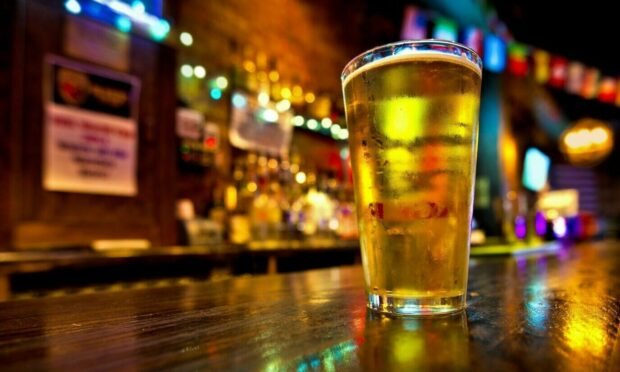
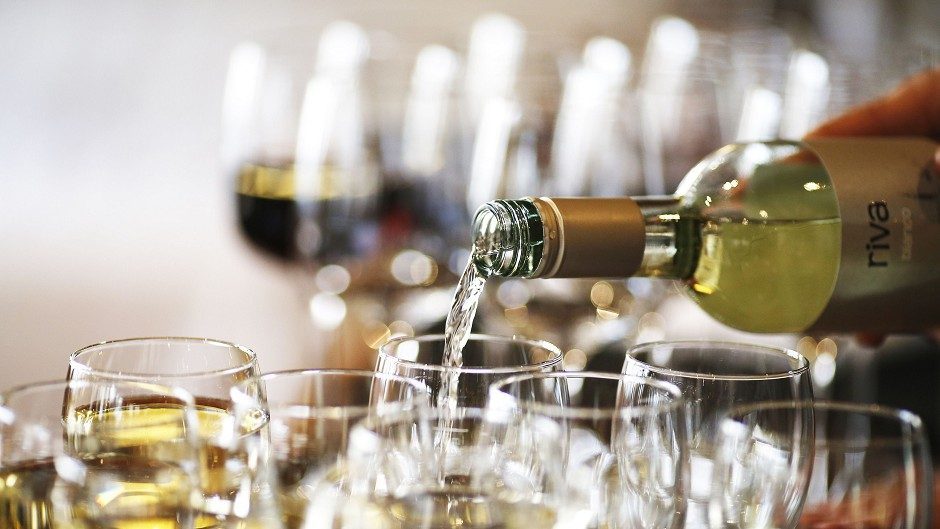
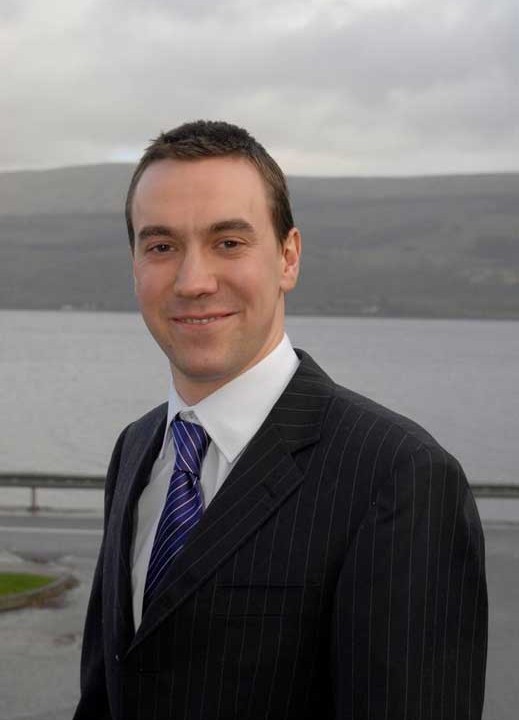
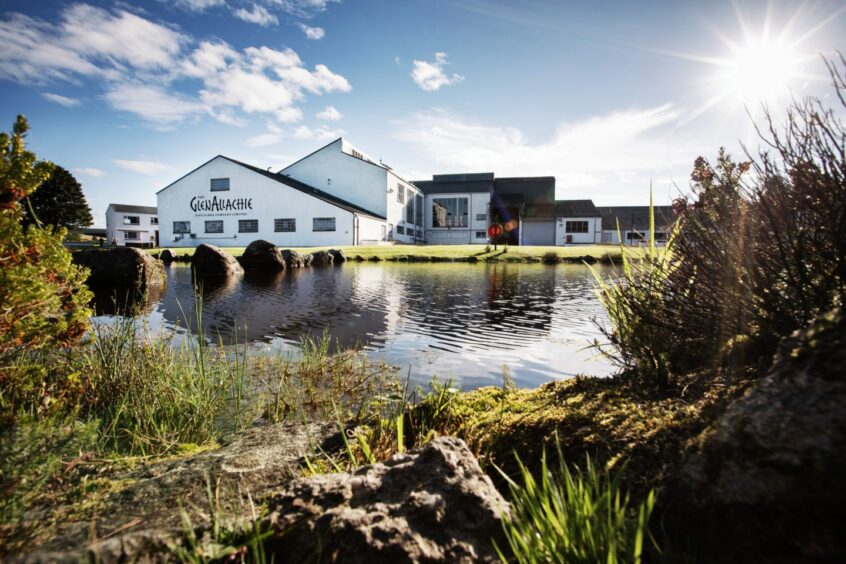
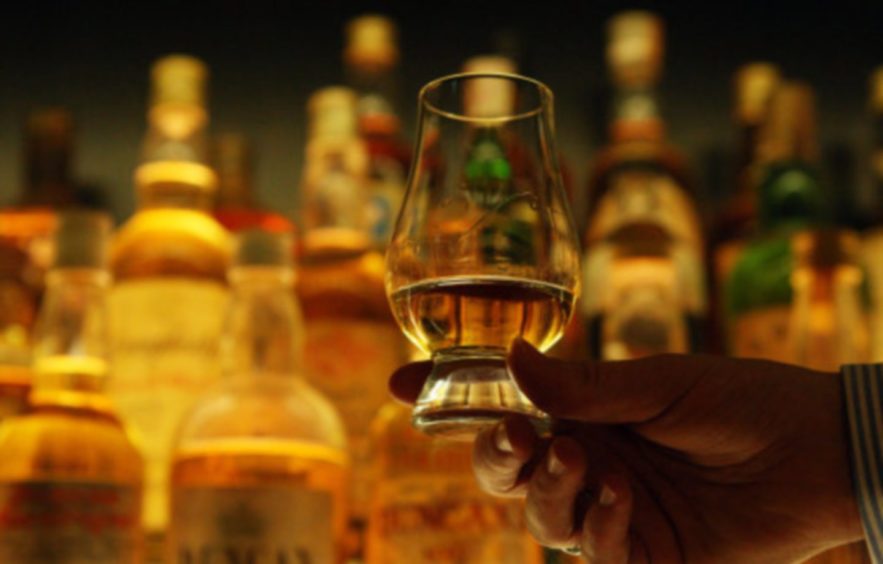

Conversation